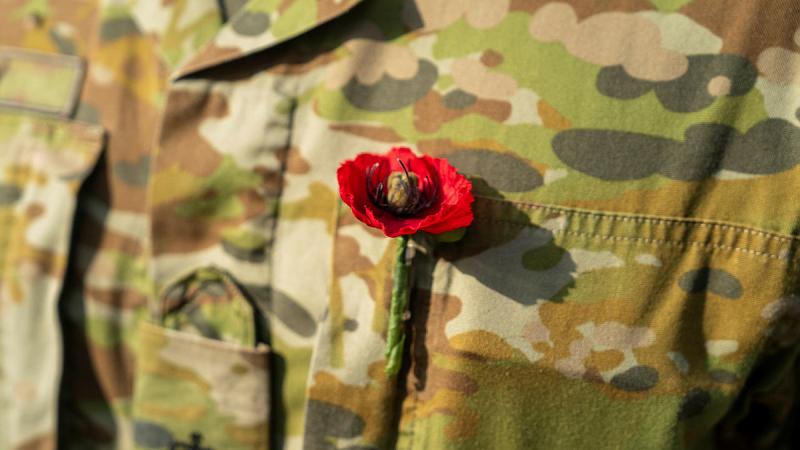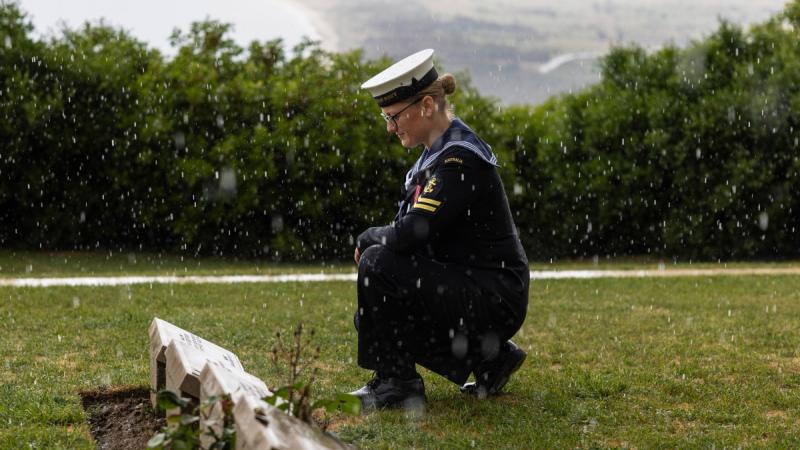An initiative run by and for people from asylum-seeking backgrounds is providing young asylum seekers living in Australia with essential access to education and employment opportunities.
There are more than 25 million asylum seekers world-wide and around 30,000 people who fled their homes for safety and arrived by boat in Australia during 2012–2013. Most of these have remained in limbo despite ten years of living in Australia. These individuals have become known as the ‘legacy caseload’, and face significant barriers from policies aimed at deterring further asylum seekers. As a result, their access to social, economic and educational participation is severely restricted.
In response to these challenges, an initiative has been established by a group of asylum-seeking students in Australia, in collaboration with several citizens. The Hope Co-Op is a small co-operative based in Victoria, and is dedicated to supporting individuals who have sought asylum in Australia to access education and employment opportunities.
PHD Candidate in the Faculty of Education at Monash University and one of the co-founders of the Hope Co-Op, Sally Morgan, wanted to find a way to facilitate educational access for people seeking asylum.
“We believe in the transformative power of education and employment and the right of people from asylum-seeker backgrounds to participate in and contribute to communities. Through the Hope Co-Op, we work together to overcome barriers so that people seeking asylum have the power to create a better future for themselves,” said Ms Morgan.
The Hope Co-Op was established in 2019, and comprises a diverse group of individuals, primarily tertiary students from the ‘legacy caseload’, along with a small number of Australian educators. Driven by their own experiences and a commitment to equal opportunities, the co-op’s almost 20 founding members have a deep understanding of the challenges faced by asylum-seeker background students.
“The vision of the Hope Co-Op is for full access to socio-economic participation and inclusion for students of asylum-seeker background in the legacy caseload. Hope members work cooperatively to sustain education and employment opportunities, with a strong emphasis on two-way, holistic relationships and human solidarity,” added Ms Morgan.
The Hope Co-Op is contributing to the wider ‘Education for a World Worth Living In’ research project. ‘Education for a World Worth Living In’ is a five-year international project that explores the purpose of education.
Dr Kristin Reimer is a researcher in the Faculty of Education at Monash University and says we need to think about education as forming both selves and societies. And as forming human beings who can preserve the community of life on Earth.
“Through this study, we are seeing all kinds of ways that people are thinking about what a world worth living in is like. And amazingly, project by project, we are seeing how individuals and collectives are bringing those better worlds into being,” said Dr Reimer.
“Education needs to acknowledge that we are in the midst of global crises. If we can acknowledge that, then education may be key to helping us build more just, sustainable and equitable worlds. To be relevant, education must focus on the things that really matter, helping us survive and thrive together.”
Ahead of Refugee Week (Sunday 18 June – Saturday 24 June 2023), the Hope Co-Op highlights the importance of how education can be used as a vehicle to ignite change and create a ‘World Worth Living In’.
The Hope Co-Op is among a number of projects featured in a book that portrays the work of ‘Education for a World Worth Living In’, the book can be accessed here: Living well in a world-worth living in for all, Volume 1: Current practices of social justice, sustainability and wellbeing.








